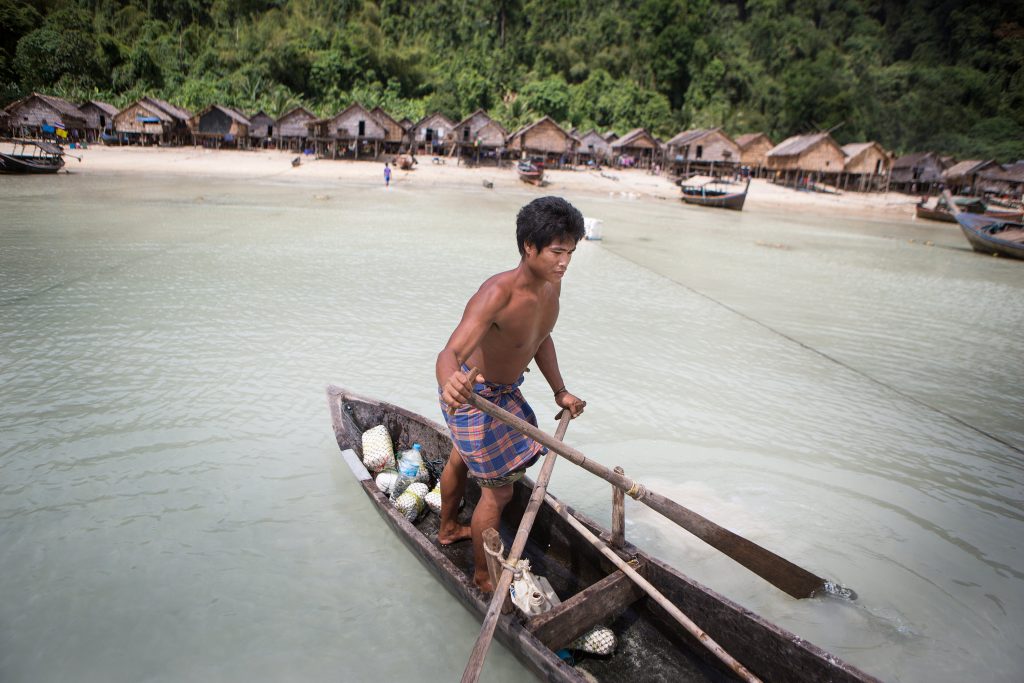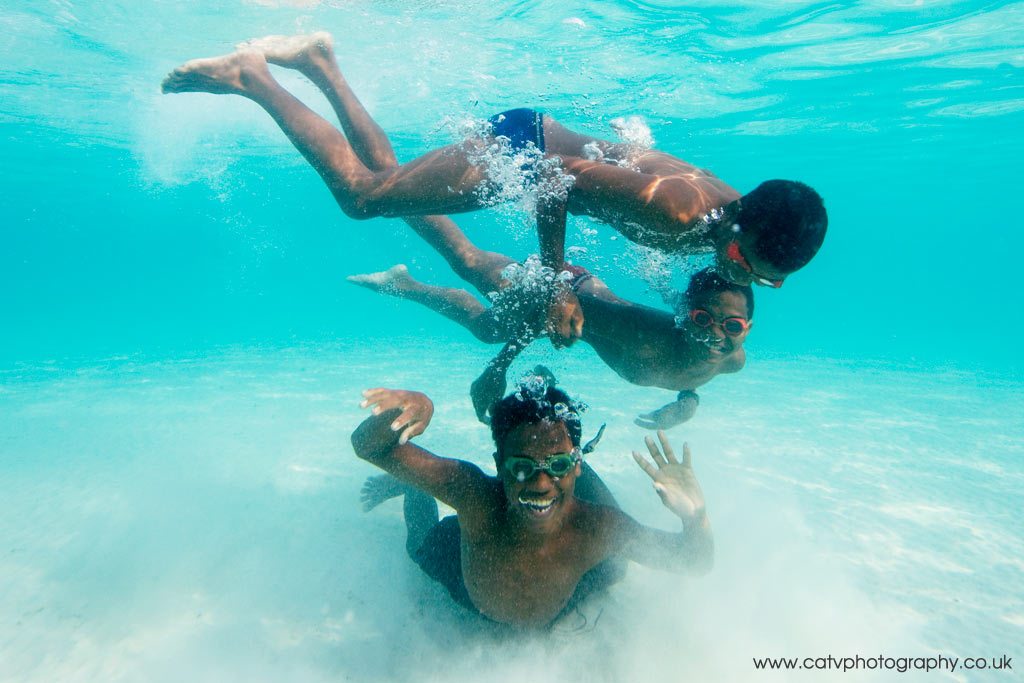Imagine stepping into a world where the sea is not just a backdrop, but a way of life. In Thailand, a country known for its vibrant tourist attractions, bustling cities, exotic Thai food, and pristine beaches, there exists a group of people whose lifestyle is unlike any other. They are the Moken Sea Nomads, a fascinating community deeply connected to the ocean. Despite facing modernization and the encroachment of tourism, the Moken people have managed to maintain their distinct culture, offering us a glimpse into their unique way of life.
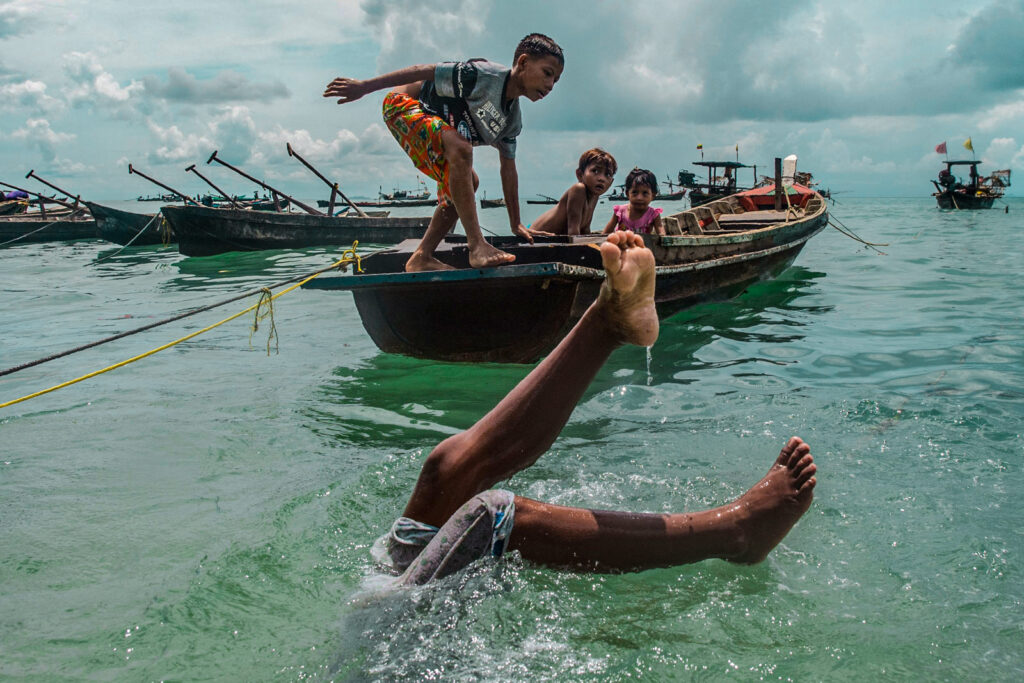
1. Introduction
Welcome to Thailand, where you can embark on a journey to uncover the fascinating lifestyle of the Moken Sea Nomads. Nestled among the stunning islands and turquoise waters, the Moken people have a rich history and a deep connection with the sea. In this article, we will delve into their origins, traditional practices, and the challenges they face as they adapt to modern society. We will also explore the initiatives taken to preserve their unique culture and the impact of tourism on their way of life. So, grab your snorkel, and let’s dive into this captivating world.
2. Background of the Moken Sea Nomads
2.1 Origins and History
The Moken Sea Nomads, also known as the “Sea Gypsies,” have a diverse and intriguing history that spans over centuries. Originating from the Austronesian-speaking tribes, they migrated from the Malay Peninsula to different regions in Southeast Asia. Their nomadic lifestyle led them to settle in the coastal areas of Thailand, Myanmar, and the Andaman Islands. With their roots deeply intertwined with the sea, they developed a unique culture and way of life that has endured through generations.
2.2 Population and Distribution
Though estimates vary, the Moken population is believed to be around 2,000 to 3,000 individuals, primarily residing in the southern provinces of Thailand, such as Phang Nga and Ranong. Their settlements are often found in close proximity to the coast, allowing them easy access to the ocean that sustains their livelihood. It is important to note that the Moken Sea Nomads are not a homogenous group, with diverse subgroups and dialects existing within their communities.
3. Traditional Practices and Beliefs
3.1 Hunter-Gatherer Lifestyle
The Moken Sea Nomads are known for their traditional hunter-gatherer lifestyle, relying on the natural resources the sea provides. They possess an intimate knowledge of their surroundings, from identifying marine creatures to understanding underwater currents. Living harmoniously with nature, they gather an array of seafood, including fish, crabs, and mollusks, ensuring their sustenance.
3.2 Deep Bond with the Sea
The ocean is not merely a source of food for the Moken Sea Nomads but an integral part of their identity and spirituality. They believe in a reciprocal relationship with the sea, treating it with reverence and respect. Rituals are performed to appease the spirits of the sea and ensure a plentiful catch. Their connection to the marine environment is deeply ingrained, shaping their worldview and guiding their daily lives.
3.3 Shamanism and Spiritual Practices
Shamanism plays a significant role in the Moken Sea Nomads’ belief system. Shamans, known as “mo,” are revered as spiritual leaders and healers within their communities. They communicate with the spirit world to seek guidance and protect their people, representing a bridge between the physical and spiritual realms. Rituals, ceremonies, and offerings are conducted to maintain this spiritual connection and preserve an equilibrium between man and nature.
4. Significance of the Sea in their Lives
4.1 Moken’s Relationship with the Ocean
The ocean is not merely a source of sustenance for the Moken Sea Nomads, but a cultural and emotional anchor. It shapes their daily routines, influences their social structure, and fosters a profound sense of belonging. Their lives revolve around the tides, as they venture out to fish or gather resources during low tide and take refuge in their stilted houses during high tide. The sea is their playground, their provider, and their protector.
4.2 Fishing Techniques
The Moken Sea Nomads have honed their fishing techniques through generations of knowledge and experience. They employ various methods such as the use of spears, nets, and traps to catch fish and other marine species. Their skills in free diving allow them to dive without the aid of breathing apparatus, a technique passed down from their ancestors. The Moken Sea Nomads’ fishing techniques are not only a means of survival but a testament to their ingenuity and adaptability.
4.3 Diving and Underwater Skills
One of the most awe-inspiring aspects of the Moken Sea Nomads’ unique lifestyle is their remarkable diving and underwater skills. From a young age, Moken children are taught to hold their breath and dive deep into the ocean, developing exceptional underwater vision and maneuverability. This unparalleled ability allows them to navigate and forage under the water’s surface with remarkable ease. Their connection with the sea goes beyond the surface, deep into its mysterious depths.
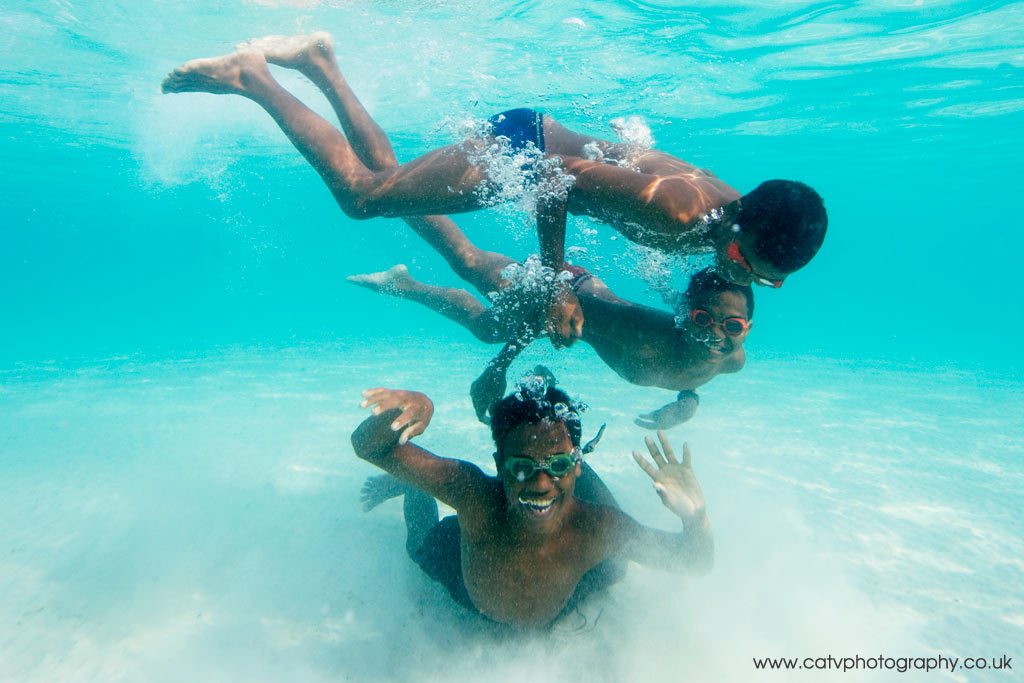
5. Adapting to Modern Society
5.1 Encounters with Tourism
As modern society encroaches upon their traditional lands, the Moken Sea Nomads have found themselves navigating the influx of tourism in their coastal communities. Tourists, intrigued by their unique lifestyle, visit these areas to catch a glimpse of their traditional practices and immerse themselves in their culture. While tourism brings economic opportunities, it also poses challenges to their way of life and cultural integrity.
5.2 Changing Lifestyles
The Moken Sea Nomads, like many indigenous communities, are facing the pressures of modernization and globalization. The allure of urban areas and modern amenities has enticed some younger Moken to settle in towns and cities, leaving behind their traditional seafaring lifestyle. This shift brings both opportunities and challenges as they balance the preservation of their cultural identity with the desire for improved living standards.
5.3 Preservation of Cultural Identity
In the face of these challenges, efforts have been made to preserve the cultural identity of the Moken Sea Nomads. Recognizing the importance of keeping their traditions alive, initiatives have been undertaken to document their language, customs, and knowledge of the marine environment. Cultural centers and community projects strive to empower the Moken people, ensuring that their ancient traditions and ecological wisdom are handed down to future generations.
6. Challenges and Threats
6.1 Encroachment on Traditional Land
The encroachment on traditional Moken lands remains a significant challenge. The rapid development of coastal areas for tourism and infrastructure projects poses a threat to their ancestral territories. As their fishing grounds dwindle and their access to natural resources diminishes, the Moken Sea Nomads face the risk of losing their cultural heritage and livelihoods.
6.2 Climate Change and Environmental Concerns
Climate change and environmental degradation further compound the challenges faced by the Moken Sea Nomads. Rising sea levels, coral bleaching, and overfishing disrupt the delicate marine ecosystems they rely upon for sustenance. These changes not only impact their livelihood but also erode their profound connection to the sea, raising concerns for the future of their cultural practices and identity.
6.3 Access to Education and Healthcare
Access to education and healthcare also presents obstacles for the Moken Sea Nomads. Geographic isolation, language barriers, and cultural differences hinder their ability to access quality education and healthcare services. These disparities perpetuate inequality and limit opportunities for the Moken people, affecting their overall well-being and socio-economic development.
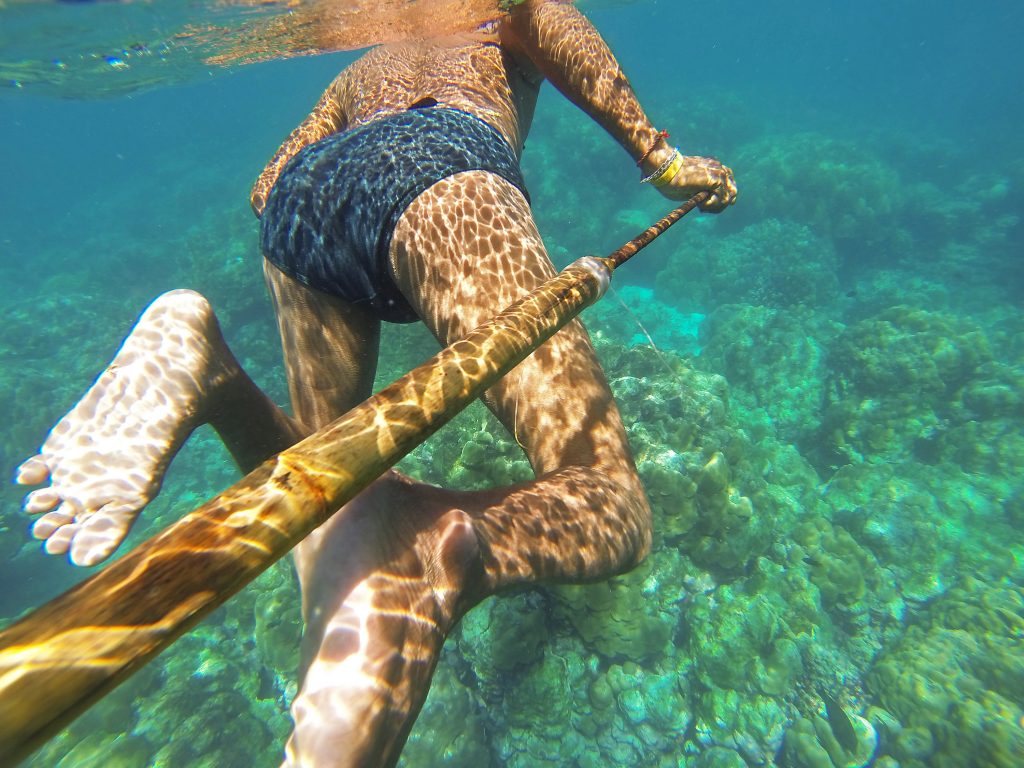
7. Initiatives for Cultural Preservation
7.1 Government Efforts
Recognizing the importance of preserving the cultural heritage of the Moken Sea Nomads, governments, such as Thailand, have taken steps to protect their rights and support their communities. Policies have been implemented to ensure the inclusion of indigenous voices in decision-making processes, the protection of their lands, and the promotion of cultural tourism that respects their traditions.
7.2 Non-Governmental Organizations
Non-governmental organizations (NGOs) also play a crucial role in supporting the Moken Sea Nomads. These organizations work closely with the communities to provide educational opportunities, healthcare services, and sustainable development initiatives. Through partnerships with local communities, NGOs foster resilience and empowerment, safeguarding the Moken’s unique way of life.
7.3 Community-Based Tourism
Community-based tourism initiatives have emerged as a means to preserve the heritage of the Moken Sea Nomads while generating income for their communities. Through homestays and cultural experiences, tourists have the opportunity to immerse themselves in the daily life and traditions of the Moken people. This form of sustainable and responsible tourism ensures that the benefits of tourism flow directly to the Moken communities, supporting their cultural preservation efforts.
8. Impact on Tourism
8.1 Increasing Interest in the Moken Culture
Thailand’s Moken Sea Nomads have become a symbol of cultural diversity and resilience, attracting keen interest from tourists worldwide. Travelers are drawn to the authenticity of their lifestyle, seeking a deeper understanding of their traditions and beliefs. The curiosity surrounding the Moken Sea Nomads has created opportunities for educational, immersive, and respectful tourism experiences.
8.2 Ecotourism and Responsible Travel
As awareness of environmental and cultural preservation grows, ecotourism and responsible travel have become increasingly popular. Tourists are seeking opportunities to engage with the Moken Sea Nomads in a sustainable manner, supporting initiatives that promote environmental conservation and cultural preservation. By choosing responsible travel practices, tourists can contribute positively to the Moken communities and the natural resources they depend on.
8.3 Supporting Local Economy
Tourism, when managed responsibly, can provide economic benefits to the Moken Sea Nomads and their communities. By engaging in cultural experiences, purchasing locally made crafts, and supporting community-based initiatives, tourists contribute directly to the local economy. These economic opportunities enhance the Moken’s ability to protect their cultural heritage and improve their overall well-being.
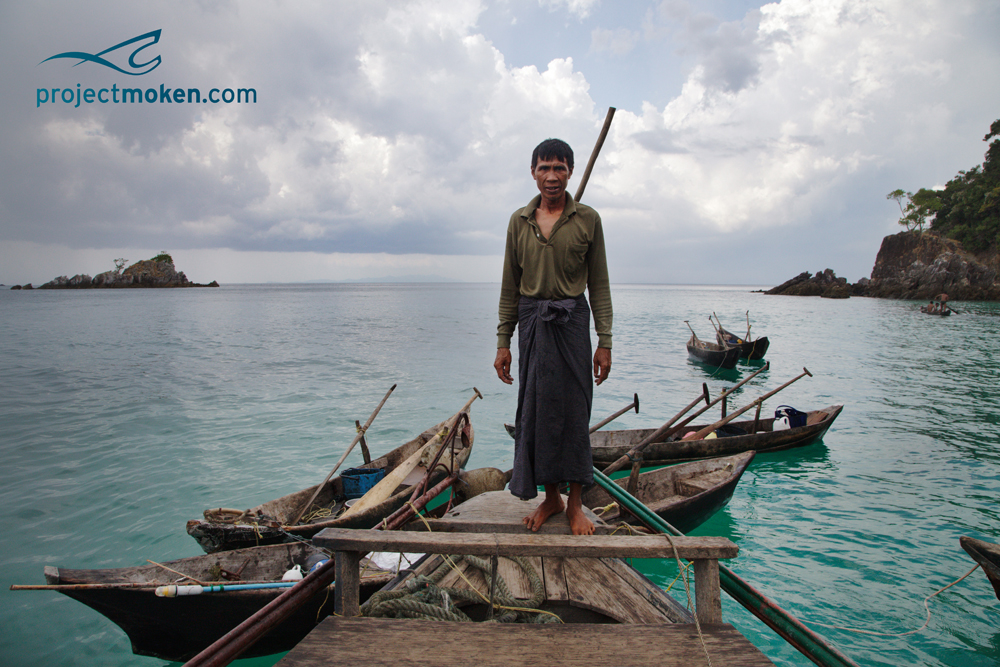
9. Unveiling the Moken Sea Nomads
9.1 Homestays and Cultural Experiences
Immerse yourself in the captivating world of the Moken Sea Nomads by participating in homestays and cultural experiences. These unique opportunities allow you to live among the Moken communities, observe their daily routines, and engage in hands-on activities such as fishing, traditional cooking, and weaving. Sharing meals, stories, and laughter with the Moken people will provide you with an intimate and enriching insight into their way of life.
9.2 Traditional Crafts and Artwork
The craftsmanship and artistic skills of the Moken Sea Nomads are an integral part of their cultural heritage. Explore their intricate woven baskets, handmade fishing traps, and beautifully adorned clothing. By purchasing these traditional crafts, you not only support the Moken communities economically but also help preserve their traditional skills and artistry.
9.3 Participating in Rituals and Festivals
Participating in Moken rituals and festivals offers a window into their spiritual world. Witness shamanistic ceremonies, where offerings are made to appease the spirits of the sea. Experience joyful festivals, filled with traditional music, dance, and vibrant celebrations. By engaging in these rituals and festivals, you gain a profound appreciation for the Moken Sea Nomads’ deep-rooted spiritual beliefs and the cultural significance of their traditions.
10. Conclusion
The Moken Sea Nomads’ unique lifestyle and profound connection with the sea offer a captivating glimpse into a remarkable cultural heritage. As they navigate the challenges of modern society, initiatives for cultural preservation, increased awareness through responsible tourism, and support from both government and non-governmental organizations play vital roles in safeguarding their way of life. By understanding and appreciating the Moken Sea Nomads, we can contribute to the preservation of their rich traditions, ensuring that their ancient wisdom and cultural resilience continue to inspire generations to come.
